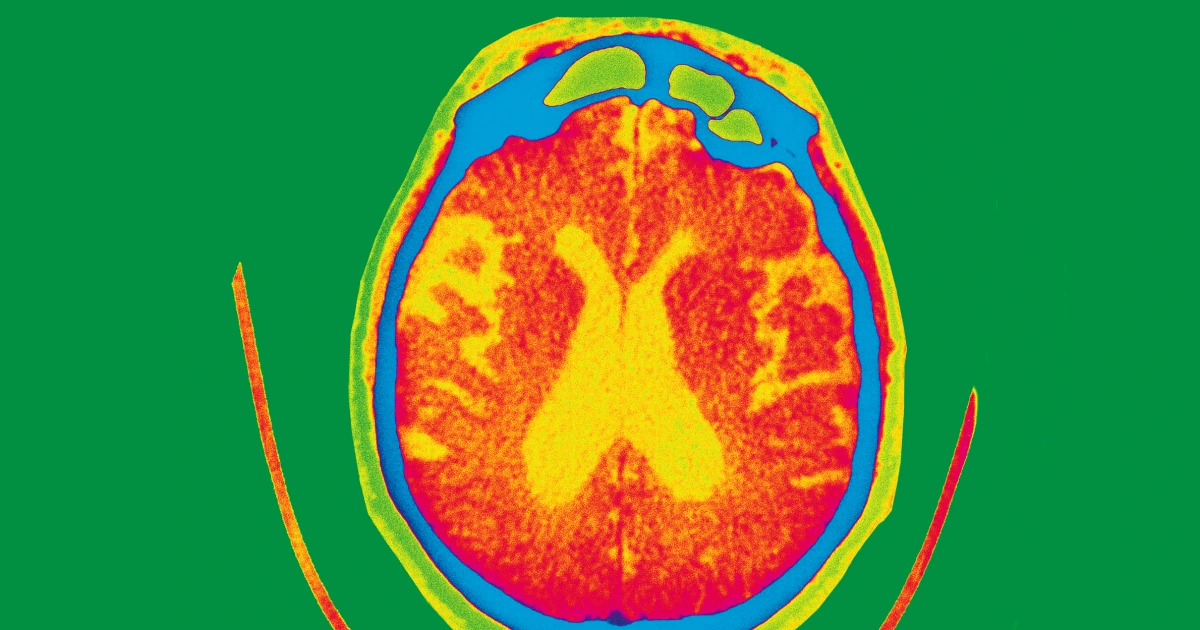September 4, 2025 — In a breakthrough study published in Nature, scientists have uncovered how a common genetic variant associated with increased risk of late-onset Alzheimer’s disease (LOAD) disrupts the brain’s immune cells and may accelerate disease progression.
PICALM Variant Triggers Lipid Build-Up in Microglia
Researchers focused on a variant of the PICALM gene, an established risk factor for Alzheimer’s. Using lab-grown human microglia—immune cells responsible for clearing debris in the brain—the team discovered that this risk variant dramatically reduced PICALM expression. The result? Microglia became burdened with abnormal, sticky lipid droplets—fat storage structures that interfere with their ability to remove harmful proteins like amyloid-beta and myelin debris.
Cellular Waste Management Ground to a Halt
Microglia expressing the risk variant showed a 40–50% drop in their capacity to engulf and clear amyloid-beta. Intriguingly, when scientists used gene activation methods to restore PICALM levels, microglial cleanup function was fully restored. Conversely, knocking down PICALM in healthy cells produced the same lipid overload seen in risk-variant cells—firmly linking PICALM levels to microglial health.
New Clues to Alzheimer’s Onset
This finding highlights a previously elusive pathway connecting genetics and Alzheimer’s progression—impaired waste removal in the brain. Accumulation of lipid droplets in microglia appears to induce cellular stress, including oxidative damage, which further compromises their function.
Roadmap for Future Therapies
By pinpointing this mechanism, researchers have uncovered potential targets for treatment. Strategies that preserve PICALM function or prevent harmful lipid accumulation in microglia may slow Alzheimer’s development in patients with this genetic risk.
Quick Summary
- Gene variant: Alters PICALM expression in microglia, reducing their clearance ability.
- Cellular effect: Risk-variant microglia accumulate fat droplets and fail to remove toxic debris.
- Reversal possible: Boosting PICALM restores cleanup function; reducing PICALM mimics the impairment.
- Therapeutic promise: Preventing lipid buildup or supporting PICALM could protect brain health.















Leave a Reply